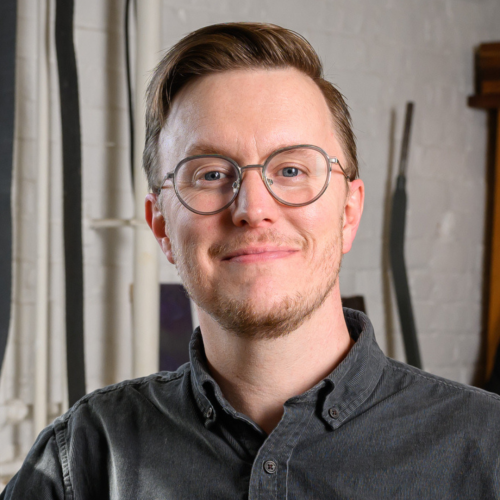Associate Professor Ryan Cordell will deliver the keynote address at the Marbach-Weimar-Wolfenbüttel (MWW) Research Association Mid-Term Conference, which will be held virtually from Germany on October 14-15. The goal of the MWW is "to provide future-oriented impulses for collaboration in the field of humanities and cultural studies research." The association's mid-term conference will focus on engagement with material and medial losses in the archive and library.
For his keynote, "What Information Can Historical Newspapers Provide?," Cordell will draw on his Viral Texts project, which examines the way that information moved around the country and world through newspapers during the nineteenth century. According to Cordell, most of the newspapers at that time were predominately reprinted text. The most "viral" pieces in a newspaper—items that readers were most excited about—were reprinted and circulated in other newspapers.
"My talk demonstrates how textual data can help illuminate not just the content of historical media, but also its material features, such as how material was organized on the page and how the length and structure of newspapers varied in different locations and changed over the decades," said Cordell. "These exploratory analyses serve as a means to reflect on our sources for computational research in the twenty-first century, offering a critical fulcrum for evaluating how the construction of digitized newspaper corpora can result in unevenness of coverage, exclusions of historical regions or communities, and variations in data quality that determine what can and cannot be learned about history from the resulting data."
Cordell's research areas include book history, book arts, print culture, bibliography, digital humanities, text and data mining, machine learning, and critical making. He primarily studies circulation and reprinting in nineteenth-century American newspapers, but his interests extend to the influence of digitization and computation on contemporary reading, writing, and research. Cordell is a Senior Fellow in the Andrew W. Mellon Society of Critical Bibliography at the Rare Book School and serves as the Delegate Assembly Representative for the MLA's Forum on Digital Humanities. He holds a PhD in English language and literature from the University of Virginia.
